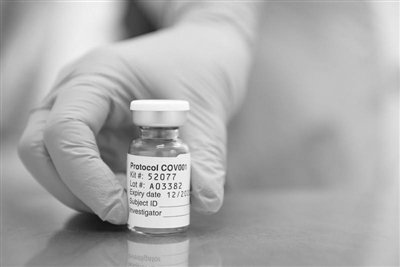Russia has carried out mass vaccination work since last week. It is understood that after inoculation with the “satellite-V” vaccine independently developed by Russia, the vaccinators need to abstain from alcohol for two months to ensure that the immune system functions normally and maximizes its effectiveness.
Tatiana Golikova, deputy prime minister of the Russian Federation and head of the epidemic prevention and control headquarters, said that vaccination will take 42 days, and citizens need to take mitigation measures to avoid infection while avoiding drinking alcohol.
There has been a long-term medical consensus that excessive drinking will weaken the human immune system. Studies published by the National Institutes of Health (NIH) show a link between excessive drinking and adverse immune-related health effects, such as the susceptibility of pneumonia, and recent evidence of excessive drinking and respiratory distress syndrome.
According to a three-year average report by the World Health Organization (WHO) in 2018, per capita alcohol consumption in Russia has decreased from 15 litres in 2010 to 11.7 litres in 2016. However, according to another WHO report, “the proportion of alcohol drinkers who occasionally drink heavily is very high in Russia (≥60%)”, and heavy drinking often leads to cirrhosis, traffic accidents, and cancer.
It is reported that Russia has registered two coronavirus vaccines and has begun mass vaccination. Vaccination adopts the principle of voluntariness, and high-risk groups such as medical staff, teachers and social service personnel will be allowed to be vaccinated first.



